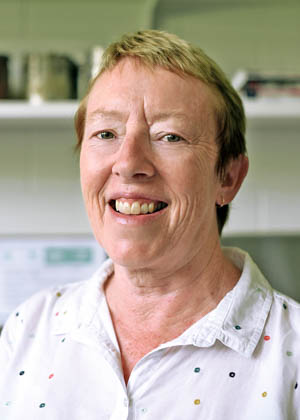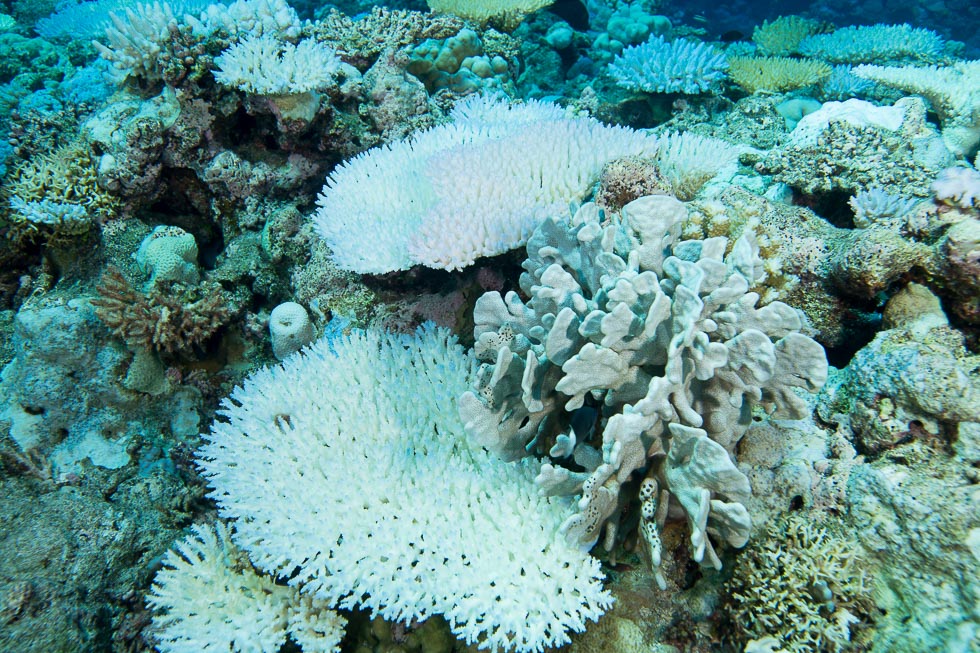Dr Janice Lough, AIMS Senior Principal Research Scientist
Extensive coral bleaching on many of the world’s reefs over the past two years has highlighted their susceptibility to thermal stress with global warming already at 0.9°C to date.
“Climate is changing rapidly for tropical coral reef ecosystems which are already showing their vulnerability, even with relatively modest increases in global average temperatures observed to date,” says Dr Janice Lough, Senior Principal Research Scientist at the Australian Institute of Marine Science and Partner Investigator with the ARC Centre of Excellence for Coral Reef Studies in Townsville.
The early 2016 mass coral bleaching, that significantly affected the northern Great Barrier Reef of Australia, was linked to the 2015-2016 El Ni̱o. El Ni̱o events typically result in warmer than normal sea surface temperatures across large parts of the tropical oceans Рhome to coral reefs.
The magnitude of natural climate variability has, however, been compounded by global warming.
A global index of thermal stress (when temperatures exceed the normal seasonal maximum) at 42 reef sites has tripled in intensity since the late 19th century recording 1.3°C during the 1877-1878 El Niño, 2.8°C in 1997-1998 (another major global bleaching event) and 3.9°C in 2015-2016.
“This is clear evidence that global warming is increasing the intensity of thermal stress events on tropical coral reefs,” says Dr. Lough.
Coral bleaching at Scott Reef, northwestern Australia in April 2016.
Tropical sea surface temperature reconstructions, developed from annually-banded massive coral skeletons, herald a new era for coral reefs. The combination of these results with recent observations, show that 1998 and 2016 were the warmest years for the world’s reefs in at least the past 400 years.
“Over the last 18 months we have observed the impacts of thermal stress causing bleaching of coral reefs across the planet. It is becoming clear that if we are to avoid increases in the number and severity of bleaching events, we need to limit global warming to well below 1.5°C.”
Dr Janice Lough will deliver the plenary presentation, 'A changing climate for coral reefs' at the 13th International Coral Reef Symposium in Hawai'i on Thursday.



